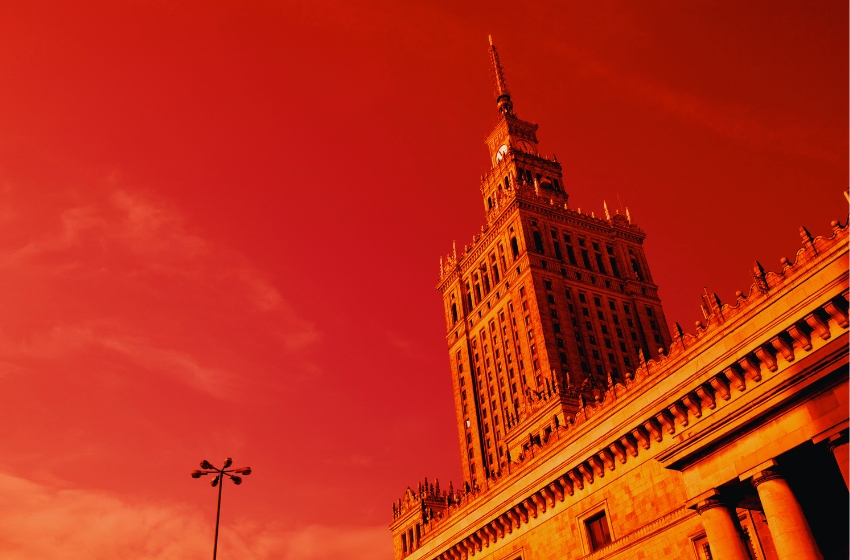Dutch internet providers continue to host platforms for Russian propaganda despite existing European Union sanctions. Several companies are not complying with EU requirements and allow Russian media to maintain access to their audiences, according to NL Times.
European sanctions against Russian media and certain individuals were introduced following Russia’s invasion of Ukraine in February 2022. The sanctions aim to block the spread of Russian propaganda in Europe and increase pressure on Moscow. They apply to all platforms, from television to social media. However, many websites of sanctioned Russian media remain accessible.
After inquiries from journalists at Nieuwsuur, the three largest Dutch internet providers—KPN, VodafoneZiggo, and Odido—blocked some sites, including the Russian Army TV channel and the Russia Today portal. Nevertheless, Amsterdam University researcher Nils ten Oever noted that many providers across Europe continue to ignore EU law.
Previously, NGOs Alliance4Europe and Science Feedback also recorded the presence of prohibited content on social networks. According to their data, around 800 Russian and Belarusian channels remain active, attracting tens of millions of subscribers.
Dutch Members of the European Parliament are calling for stricter oversight. MEP Bart Grotheisse said that while illegal film distribution is blocked very effectively, dealing with Russian propaganda is much more challenging, undermining the sanctions’ goals.
Sanctions lawyer Ivo Amar explained that in the Netherlands, enforcement is governed through criminal law and the public prosecutor’s office, which primarily focuses on export restrictions and their circumvention.
A new sanctions law is currently under review by the Council of State, which would simplify the control process. If passed, companies could be fined for violations without immediate imprisonment.
The Ministry of Foreign Affairs told Nieuwsuur that “everyone must comply with the law, including internet providers,” and the OM can “take criminal action against violations of sanctions.”





















